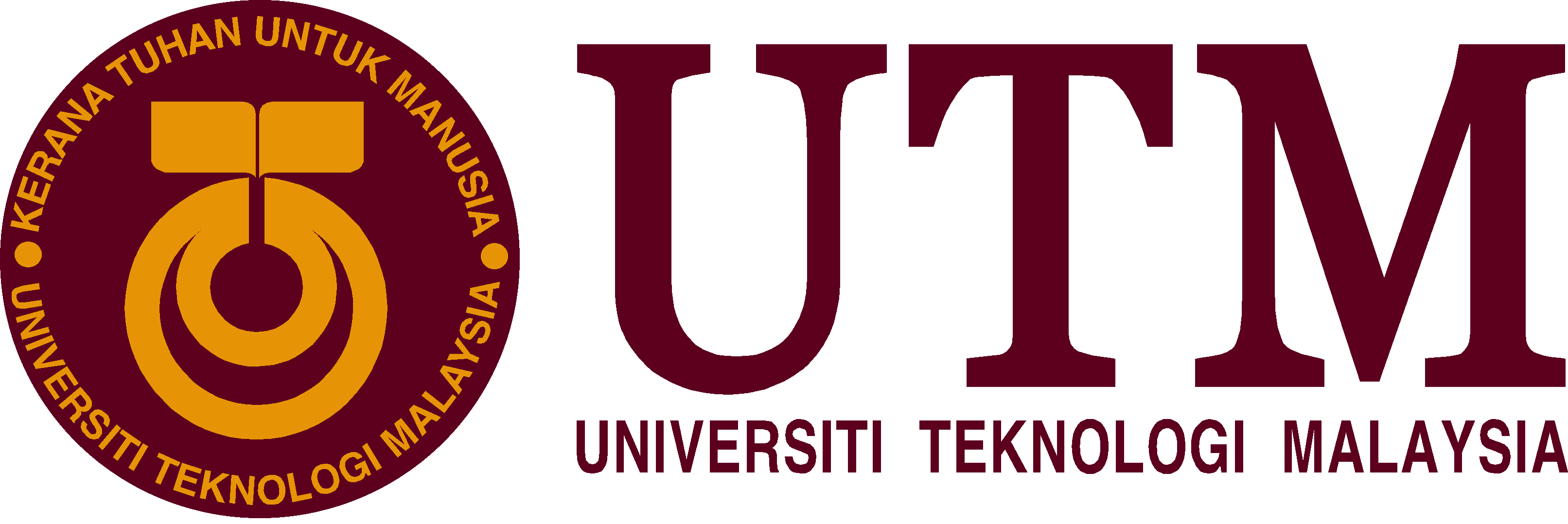UTM: How to Apply?
http://www.utm.my/admission/how-to-apply/
STEP 1: DECIDE WHAT TO STUDY
When you have read the prospectus and decide your prefered programme of study, kindly check that you have the correct qualifications to be accepted for that programme. The latest list of programmes offered is available in the Prospective Student and School of Graduate Studies (SPACE) website.
Types of Programmes:
There are three types of programmes offered:
i- Mainstream Programme (Perdana) is a postgraduate programme usually conducted at UTM Johor Bahru campus which offers all types of registration and modes of study.
ii· External Programme (Program Luar) is a postgraduate programme usually offered off-campus (outside UTM Johor Bahru campus) at selected study centres. The mode of registration is by part time and the lectures are usually conducted during weekends. The normal tuition fees are NOT applicable for this type of programme. Open to all Malaysians and international candidates who have Malaysian Employment Pass.
iii. Special Programme (Khas) is a postgraduate programme usually offered for special groups of students or companies.
Modes of Study:
Students may register the programme by one of the three modes of study:
Taught Course Programme
Research Programme
Combination of Taught Coruse Programme and Research (Mixed Mode)
Types of Registration and Duration of Study:
Candidates are free to enroll into either Full time or Part-time type of registration. Full time students must pay the full time tuition fees and are expected to be in the campus. Part time students are allowed to take less number of credits per semester and may complete the study in a longer duration.The minimum and maximum duration of study (registered semesters) for full time and part time students is shown below. If you are applying for Part-time taught course mainstream programme, please check the timetable of the lectures because most courses and lectures are conducted during normal working hours. The out-of-hours or weekend lectures are usually available for Part-time off-campus (external) programmes only.
STEP 2: CHECK THE QUALIFICATIONS YOU NEED:
General requirement for entry are:
Master’s Degree:
A Bachelor’s degree with good honours from Universiti Teknologi Malaysia or any other institutions of higher learning recognised by the Senate; or
A qualification equivalent to a Bachelor’s degree and experience in the relevant field recognised by the Senate.
Doctoral Degree:
Master’s degree from Universiti Teknologi Malaysia or any institutions of higher learning recognised by the Senate; or
Other qualifications equivalent to a Master’s degree and experience in the relevant field recognised by the Senate; or
Certain faculties may request additional entry requirement or higher academic grades for specific courses.
STEP 3: APPLY ONLINE AT www.sps.utm.my
Fill up the online application form and upload necessary documents :
Official academic transcripts and graduation certificates
Identity Card/ Passport Copy (Front Page only)
Research Proposal (for research candidates only)
Proof of processing fee payment of USD30.00/ RM 114 for international candidates or RM20 for Malaysian candidates (refer to processing fee payment procedure)
Passport-sized photograph
Recommendation letters (not compulsory)/ Approval from proposed supervisor
Proof of working experience
*Your application will be processed within a month after the closing date. Please contact us if you do not receive any notification from the system.
HOW TO WRITE A RESEARCH PROPOSAL (For Research Programme only)
If the application is intended for a Master’s or PhD degree by research, you are required to prepare a brief research proposal (about 3-5 pages). The proposal should contain the following items:
Title
Chapter 1 Introduction
Statement of the problem;
Objectives of the study;
Scope of the study;
Significant of the study.
Chapter 2 Literature Review
Review relevant research to provide rationale for your work;
Present unanswered questions, untried method etc. your work addresses;
Findings of others you are challenging or extending.
Chapter 3 Research Methodology
Research Design & Procedure;
Operational Framework;
Subjects or data sources;
Instrumentation & Data Analysis;
Assumptions & Limitations;
Research Planning & Schedule.
Chapter 4 Expected Findings and Summary
List of References






